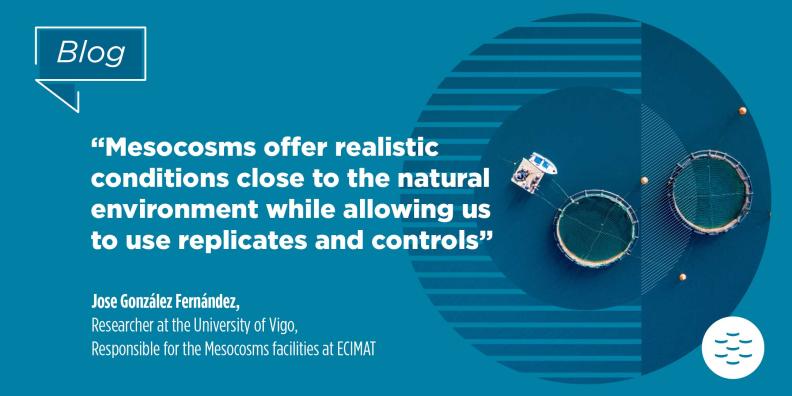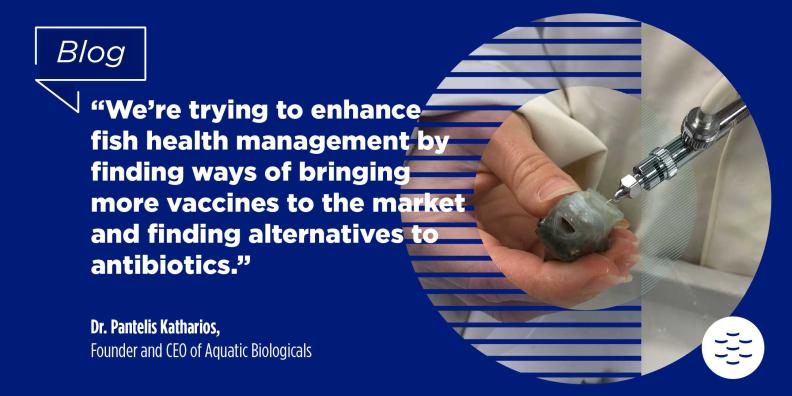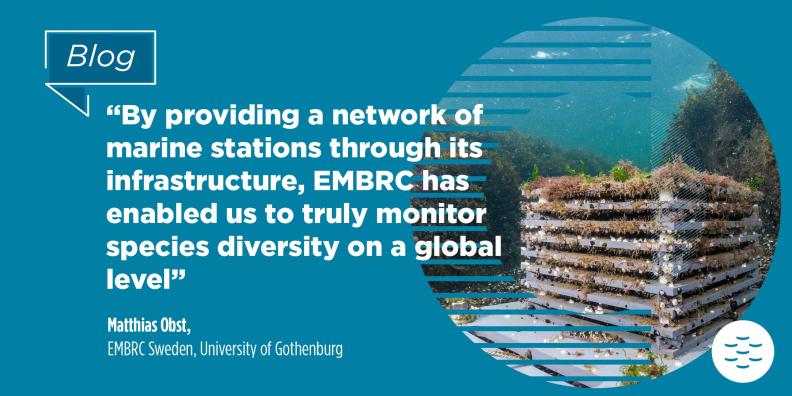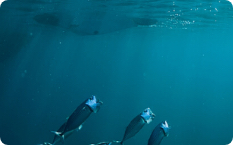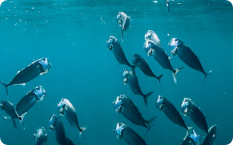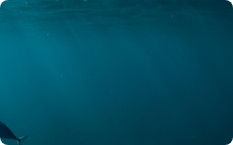Discover marine biology through our PhD-focused course on marine invertebrates and live imaging. Theory meets practice with online modules and onsite labs. Led by IMEV experts, master sample prep, microscopy, and image analysis.
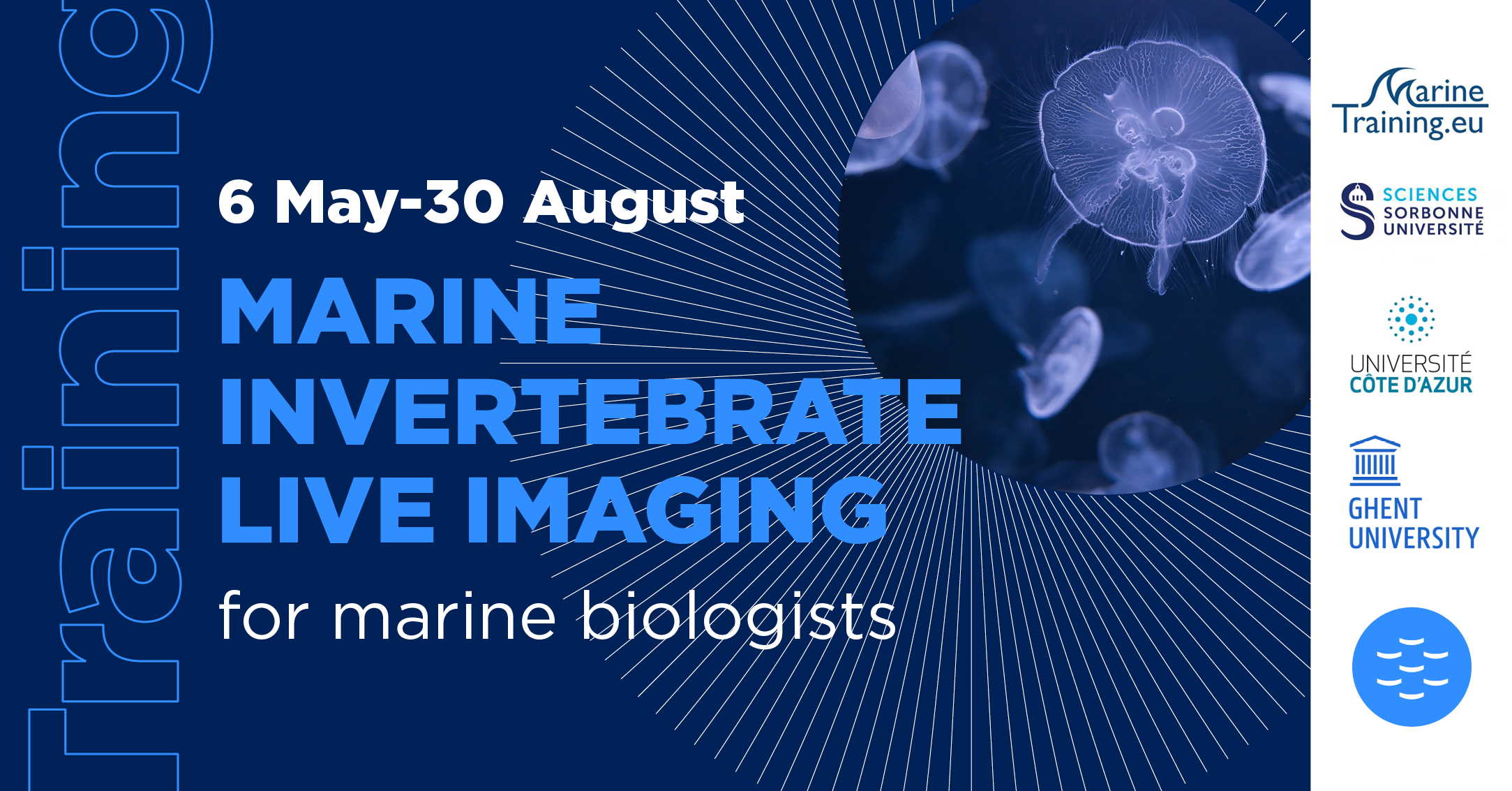
Language: English
Date: from 2024/05/06 to 2024/08/30
Duration: 50 to 60 hours
Place: Marine Station at Villefranche (IMEV), France
Entry level: Masters degree
Tuition fee: non
Application deadline: March 24
Developing skills in marine biology research
The aim of the course is to provide key background knowledge on how to work with live marine invertebrates and hands-on experience on how to perform imaging studies using live marine invertebrates.
The training will be delivered in a blended format (50-60 hours), i.e., there will be a mandatory online (remote) phase consisting of theoretical background information about the biology of the marine invertebrates, microscopy theory and image analysis techniques (including the use of freeware) as well as assessments. The online component needs to be successfully completed before the on-site (hands-on) phase of the course.
The onsite component will consist of 2 main parts:
- The first part of the training will provide hands on experience on how to get started working with a number of marine invertebrates (eg. jellyfish, sea urchins, ascidian, salps). During the course the participant will learn how to collect and fertilize gametes and to understand and recognize the different developmental stages of the different marine invertebrates.
- In the second part of the training, the participants will be split into small groups to perform more in-depth imaging studies of their chosen marine invertebrate.
This course will be taught by lecturers from EMBRC France (Sorbonne Université, Université Côté d'Azur) in Villefranche-sur-Mer marine station (IMEV):
- Alex McDougall - Course Scientific Coordinator
- Evelyn Houliston
- Sandra Chevalier
- Stefano Tiozzo
- Alex Alié
- Stefania Castagnetti
- Jenifer Croce
- Silvia Caballero
- Daniel Gonzalez Suarez
- Sebastien Schaub
- Frédéric Brau
Course details
Online component (individual, self-paced)
between May - June 2024
- Invertebrate models biology background
- Sample preparation techniques
- Microscopy background and types of microscopy for live imaging
- Image analysis background and available freeware
Length: 20 - 30 hours (self-paced) learning, to be completed between May and June 2024.
Onsite component
between 26 - 30 August 2024
- Day 1-2. Whole class together
- Whole class hands-on marine invertebrates handling class (teaching lab). Recap on invertebrate models by Tutors
- Sample preparation for live imaging
- Day 3-4.
- Students split into 4 groups to perform imaging experiments using ascidian, jellyfish, echinoderm and salps on two different types of Light Sheet microscopes and two different Confocal microsopes
- Day 5.
- Image analysis classes - students will be split into two groups and follow two classes each
- recap on Microscopy theory
- recap on Image analysis
Length: 30 hours, between 09:00 - 17:00 to be completed between 26th Aug - 30th Aug 2024, at the Marine Station at Villefranche (IMEV), France
Who can attend?
PhD students and post PhD with a background in biological sciences
Language of instruction: English (spoken and written)
No specific skills required.
Assessment Criteria and Certificate Eligibility
Online contents assessment:
- quizzes focusing on theoretical background (e.g., identify stages of development, nomenclature microscopy techniques, image analysis fundamentals, etc, …)
Onsite assessment, the trainee should be able to demonstrate the following skills:
- Can the student obtain gametes from the invertebrate?
- Can the student recognize the different stages of embryonic development?
- Can the student perform the image analysis tasks?
- Does the student understand imaging theory?
- Final group project and presentation
A Certificate of attendance or completion will be issued to participants who fulfill the following criteria:
- completed the mandatory activities of the online phase (activity completion tracking)
- achieved a minimum of 70% on the online phase assessments (quizzes, etc)
- full attendance and active participation during the onsite phase
- demonstrated ability to successfully perform sampling preparation, imaging and analysis, assessed during the onsite group activities
Application procedure
Attendance: 20 participants maximum
The following criteria will be used in the selection process:
• motivation statement (how can this training course improve current research)
• how the training can contribute to better address a current/future research question
• current role/job position and content or study/research topic
Period for applications: 4 - 24th March 2024
Grant opportunities
This course is organized and sponsored by EMBRC. There is no tuition fee and the course organization will offer coffee breaks/refreshments and (a light) lunch during the onsite course days.
However, any other costs must be borne by the participant and/or its parent institution (travel, accommodation, any other costs).
Learning outcomes
By the end of the course, the trainee should be able to:
- describe different marine invertebrate species suitable to be used as research model organisms, and explain the different research settings/questions each of them is more suitable for
- explain and successfully perform the sample preparation techniques
- describe the different microscopy techniques and select the most adequate to be used in live imaging
- perform image analysis using selected freeware
- interpret images using different (microscopy) techniques












